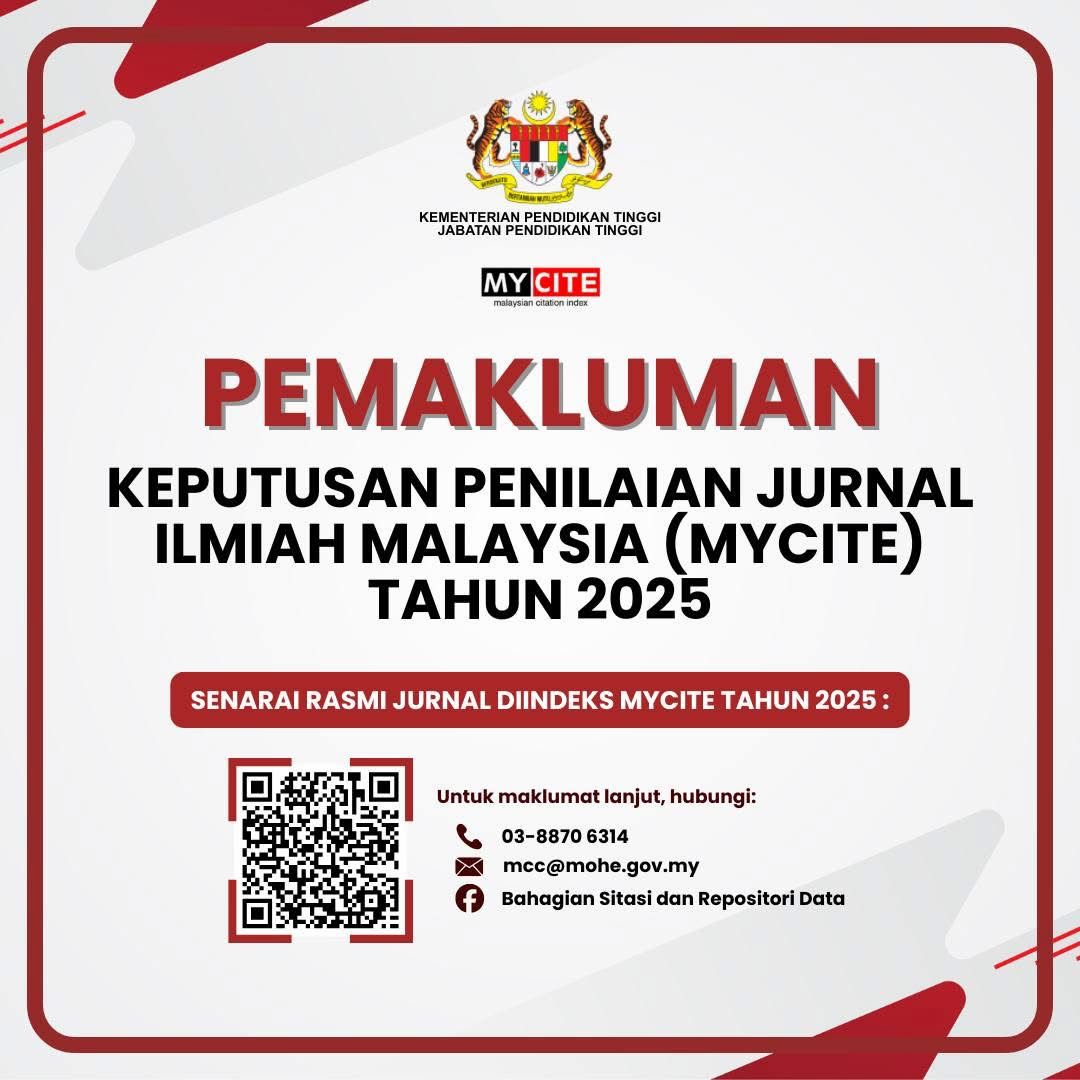Design for The Real World: The Case Study of Fish-Ball Seller Cart
DOI:
https://doi.org/10.24191/idealogy.v6i2.297Keywords:
design, real world, case study, fish ball seller chartAbstract
Design has been known for its potential to solve problem outside of design industries, and one of them is the lack of competitiveness of micro businesses in Indonesia. This project will serve as the example on how design, through Design Thinking method could increase the competitiveness through adding value of the business in the form of well design bike cart. The micro business that become the object of this project is a fish ball street vendor in Bekasi town, Indonesia. The outcome of this project is the prototype of the cart that will be used by the user on his daily selling activity.
Keywords
Design, real world, case study, fish ball seller chart
References
Bason, C. (2013). Design-Led Innovation in Government. Stanford Social Innovation Review.
Docherty, C. (2017). Perspectives on Design Thinking for Social Innovation. The Design Journal, 20(6), 719–724. https://doi.org/10.1080/14606925.2017.1372005
Dorst, K. (2015). Frame Creation and Design in the Expanded Field. She Ji: The Journal of Design, Economics, and Innovation, 1(1), 22–33. https://doi.org/10.1016/j.sheji.2015.07.003
Durose, C., & Richardson, L. (2015). Designing public policy for co-production: Theory, practice and change (1st ed.). Bristol University Press. https://doi.org/10.2307/j.ctt1t896qg
Gallanis, T. (2020). An Introduction to Design Thinking and an Application to the Challenges of Frail, Older Adults. In L. A. Celi, M. S. Majumder, P. Ordóñez, J. S. Osorio, K. E. Paik, & M. Somai (Eds.), Leveraging Data Science for Global Health (pp. 17–33). Springer International Publishing. https://doi.org/10.1007/978-3-030-47994-7_2
Lucan, S. C., Varona, M., Maroko, A. R., Bumol, J., Torrens, L., & Wylie-Rosett, J. (2013). Assessing mobile food vendors (a.k.a. Street food vendors)—Methods, challenges, and lessons learned for future food-environment research. Public Health, 127(8), 766–776. https://doi.org/10.1016/j.puhe.2013.05.006
Nugraha, H., CENG, S. T., SATO, K., & TERAUCHI, F. (2020). Visual Impression Of Bamboo Sticks And Acrylic Rods Combination. Japanese Society for the Science of Design. https://doi.org/10.11247/jsd.4.1_1_49
Papanek, V. J. (1985). Design for the real world: Human ecology and social change (2nd ed., completely rev). Academy Chicago.
Ridwan Maksum, I., Yayuk Sri Rahayu, A., & Kusumawardhani, D. (2020). A Social Enterprise Approach to Empowering Micro, Small and Medium Enterprises (SMEs) in Indonesia. Journal of Open Innovation: Technology, Market, and Complexity, 6(3), 50. https://doi.org/10.3390/joitmc6030050
Downloads
Published
Issue
Section
License
UiTM Press (the Publisher) has agreed to publish the undersigned author’s paper in Idealogy Journal. The agreement is contingent upon the fulfilment of a number of requirements listed below.
1. The undersigned author warrants that the paper entitled below is original, that it is not in any way libellous or unlawful in Malaysia, that it does not infringe any copyright or other proprietary right. The undersigned hereby represents and warrants that he/she is the author of the paper, except for material that is clearly identified as to its original source, with permission notices from the copyright owners where required. The undersigned represents that he/she has the power and authority to sign and execute this agreement.
2. The undersigned author warrants that the paper entitled below has not been published elsewhere, and also it will not be submitted anywhere else for publication prior to acceptance/rejection by this Journal.
3. By submitting the paper entitled below, the undersigned author agrees to transfer the rights to publish and distribute the paper in an international e-journal (entitled above) to Publisher.
4. The undersigned author agrees to make a reasonable effort to conform to Publisher's submission guidelines and to liaise with the editor to ensure that the requirements of these guidelines are met to a reasonable degree.
5. The corresponding author signs for and accepts responsibility for releasing this material on behalf of any and all coauthors. This agreement is to be signed by at least one of the authors who has obtained the assent of the co-author(s) where applicable. After submission of this agreement signed by the corresponding author, changes of authorship or in the order of the authors listed will not be accepted.




